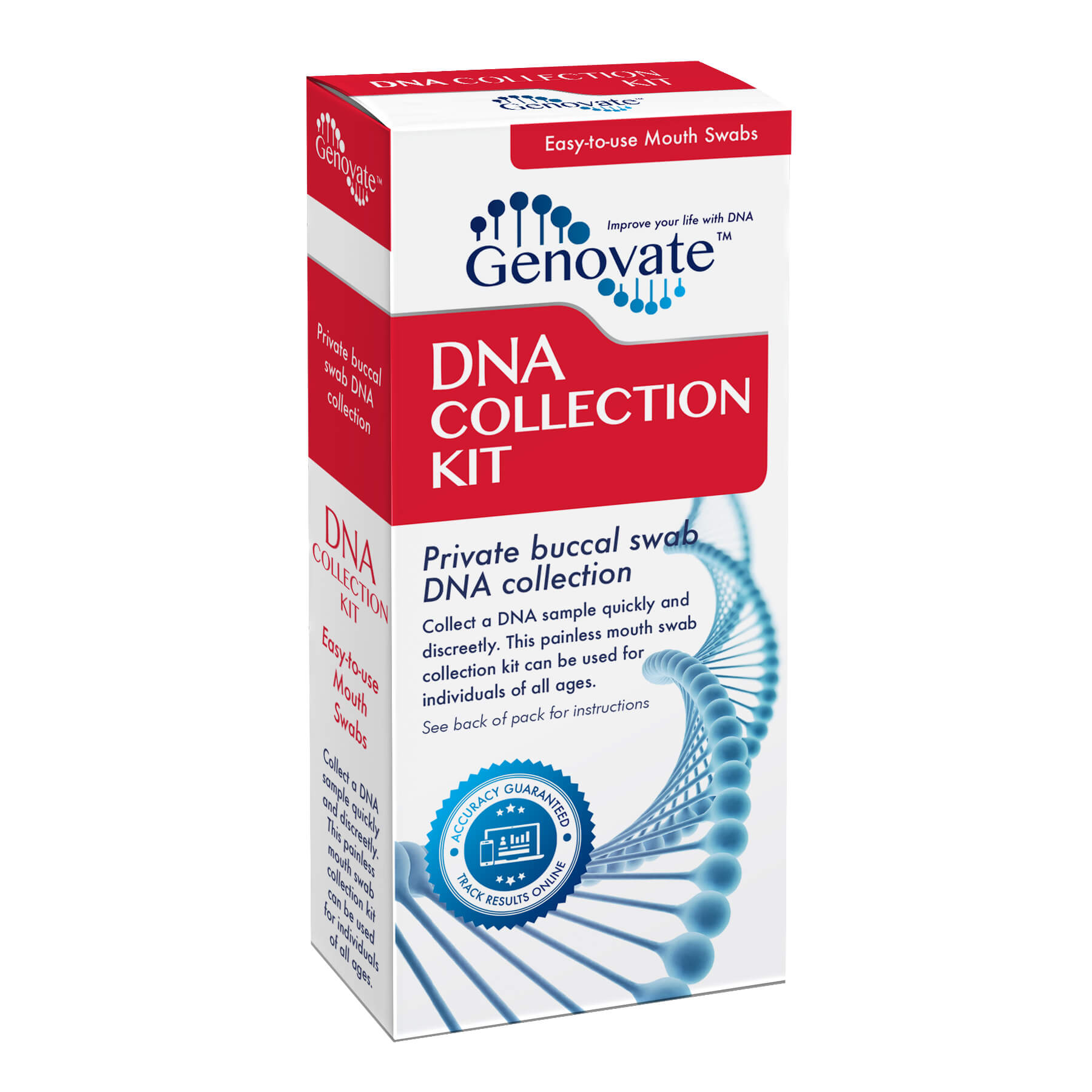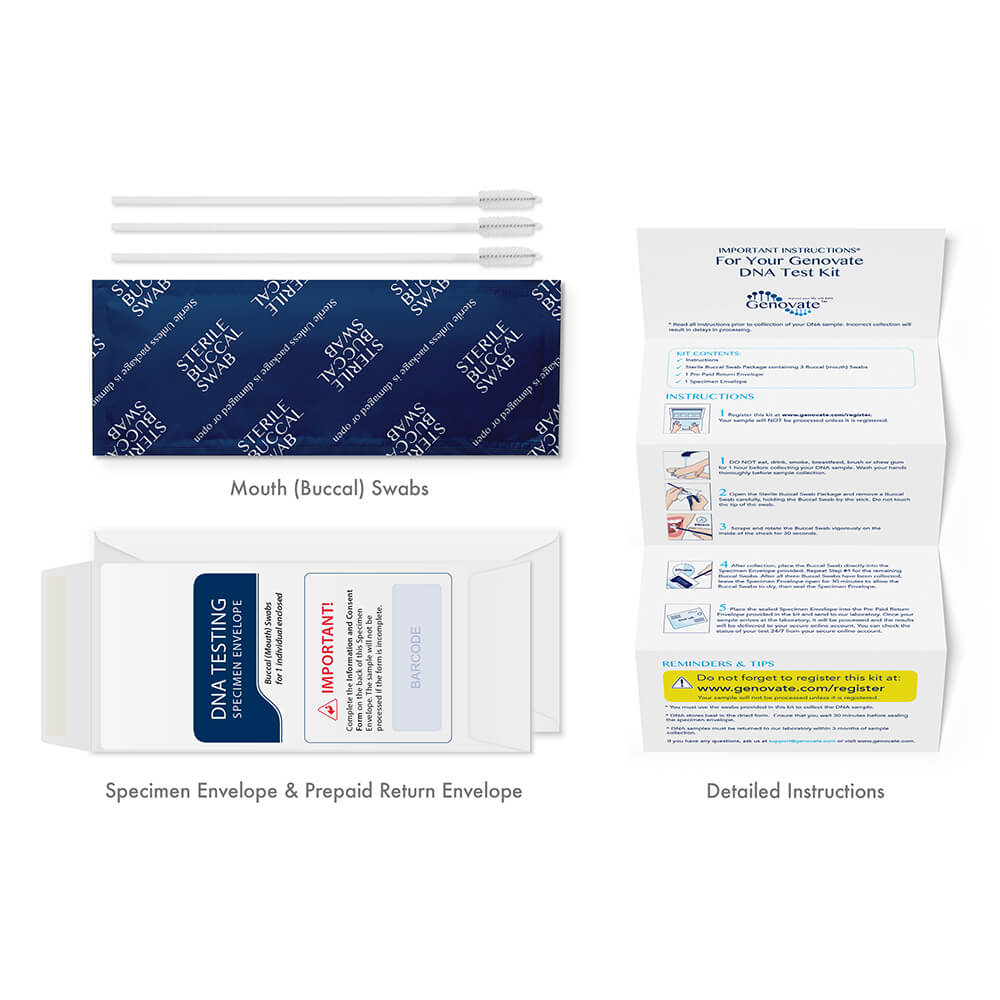Has your doctor recommended regular low-dose aspirin?
Maybe to prevent a heart attack or colorectal cancer?
Aspirin is commonly recommended as a preventative medication to protect against heart attacks in at-risk individuals. Several studies have also identified an association between long-term use and a reduced risk of developing colorectal cancer.
However, this benefit depends on your genes. Some individuals inherit genetic variants that actually result in an increased risk of colorectal cancer if taking aspirin regularly.
Take this simple genetic test to see whether aspirin is the best preventative method for you.
Colorectal cancer facts
- Cancers in the colon and rectum
- Also known as bowel cancer and colon cancer
- More than 1 million new cases worldwide every year
- 2nd most common cancer in women (globally)
- 3rd most common cancer in men (globally)
- One of the leading causes of deaths due to cancer
- Risk is increased by obesity, physical inactivity, smoking and consumption of red and processed meat
Aspirin as a preventative medication
Aspirin reduces inflammation and inhibits blood clots by blocking the action of an enzyme called cyclooxygenase. It is widely recommended for at-risk individuals to help prevent heart attacks. There is also an association between low-dose use and a reduced risk of colorectal cancer. However, not everyone receives the same benefit, and some people are actually increasing their risk of colorectal cancer by taking low-dose aspirin regularly.
Potential side effects of aspirin
- Gastrointestinal bleeding and ulcers
- Ringing of the inner ear
- Dizziness
- Nausea
- Abdominal pain
- Headaches
- Muscle cramps
- INCREASED risk of colorectal cancer if you have inherited the “wrong” genes
Genetic variants associated with cancer risk and regular aspirin use
Recent studies have shown that two genetic variants are associated with the effects of aspirin on colorectal cancer risk – rs2965667 near the MGST1 gene, and rs16973225 near the IL16 gene. The most common nucleotide at each marker is associated with a decreased risk of colorectal cancer if aspirin is used regularly.
However, individuals who inherit the “wrong” genes receive no colorectal cancer-related benefits from aspirin use:
- Rare nucleotide at marker rs2965667 (4% of the population) = INCREASED risk of colorectal cancer with regular aspirin use
- Rare nucleotide at marker rs16973225 (9% of the population) = no change in colorectal cancer risk with regular aspirin use
This genetic analysis determines if you have the most common or the rare genetic allele at each marker. If you are lucky enough to inherit the common alleles, aspirin is likely to reduce your risk of colorectal cancer. However, if you have inherited one or both of the rare alleles, alternative preventative methods are recommended.
Three Easy Steps
Step 1: Order test kit online
Step 2: Collect DNA sample using a painless mouth swab, and mail to the lab in the provided return envelope
Step 3: Receive your results online
Click here for more details and to watch our explanatory video.
| Benefits |
|---|
| ✓ Determine if aspirin will help or harm you |
| ✓ Painless buccal (mouth) swab sample collection |
| ✓ All tests are run 2x for absolute accuracy |
| ✓ Quickly collect samples in the privacy of your own home |
| ✓ 24/7 online test status check |
| ✓ Discreet online results option available |
| ✓ No age limit |
| ✓ State-of-the-art accredited testing laboratory |
Related products
Health & Disease
Determine your genetic risk for dangerous blood clots.
Health & Disease
Understand your risk of late-onset Alzheimer's disease.
Health & Disease
Determine if you carry the genes linked to iron overload.
Health & Disease
Understand your genetic risk of cardiovascular disease.
Health & Disease
Quickly determine your optimum warfarin dose.
Health & Disease
Understand your genetic risk of type 2 diabetes.
Health & Disease
Determine if your genes increase your risk of narcolepsy.
DNA Gift Ideas
Optimize your skin health based on your genes.























